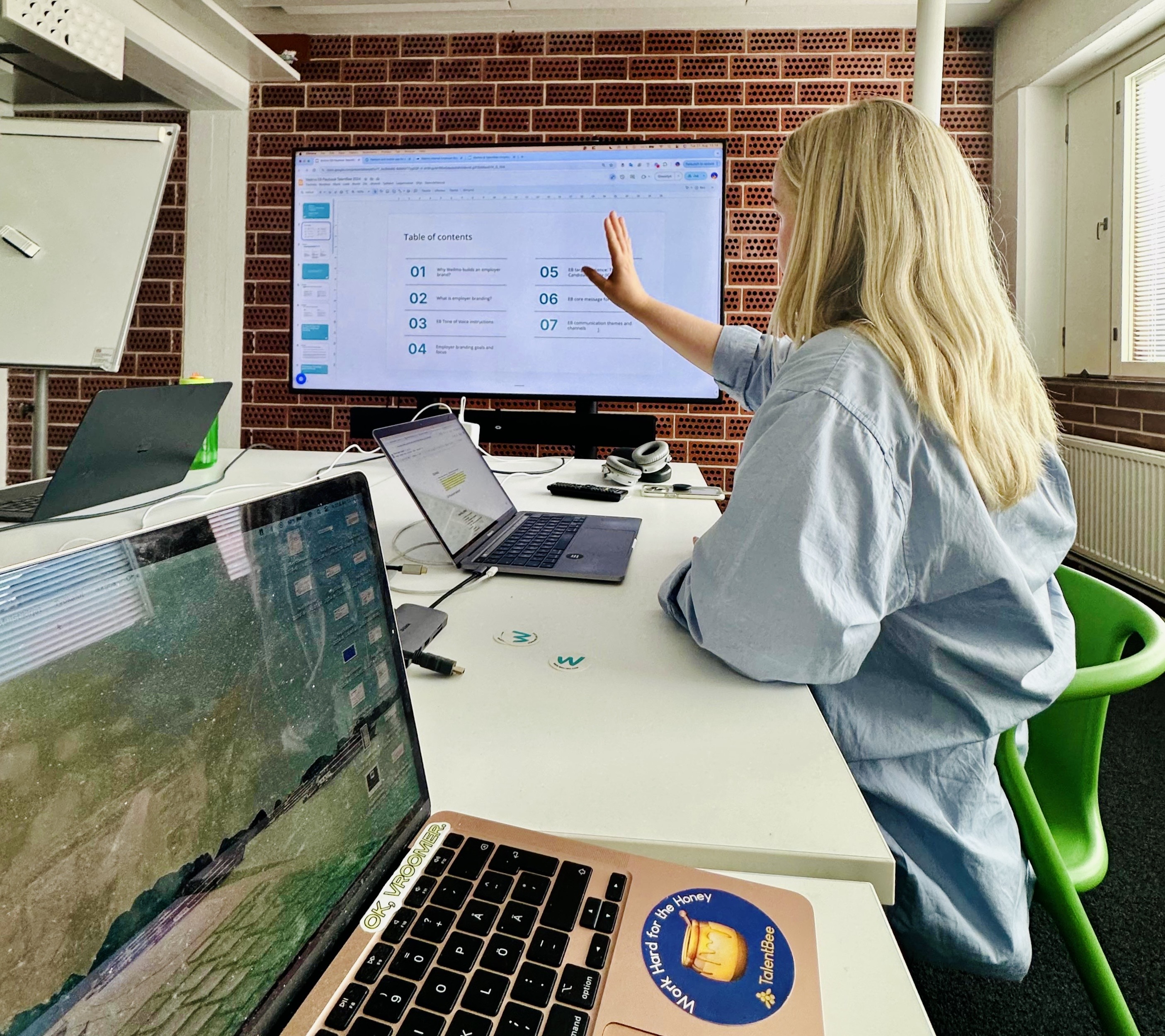Introduction to IQM and Quantum Computing
- IQM's Mission: IQM develops and builds quantum computers, offering them to customers either as on-premises systems or via the cloud. The quantum element allows solving complex problems that traditional computers cannot.
- Why Quantum Computing Matters: Quantum computing provides a new way of solving problems like simulating complex molecules for drug discovery or optimizing logistical challenges. It’s seen as essential to tackle issues like climate change and large-scale scientific questions.
The Journey to Founding IQM
- Jan’s Background: Jan Goetz entered the quantum computing field in 2011, driven by his academic journey. He pursued a PhD and postdoc in quantum computing and later moved to Finland, where the foundation for IQM was laid.
- Inspiration: The company emerged in response to the growing global demand for quantum computing, particularly noting the advancements in the U.S. by companies like Google and IBM. IQM aimed to be a European leader in quantum technology.
- Building a Global Company: IQM was spun out from Aalto University and VTT in Finland. The vision was to offer quantum computers globally, making Europe a key player in this emerging technology.
Assembling the Founding Team
- Four Co-Founders: Jan co-founded IQM with Mikko Möttönen, Kuan Yen Tan, and Juha Vartiainen, all with PhDs in quantum computing. This highly technical team came together based on shared research and experience at Aalto University.
- The Importance of Commercial Mindset: Despite being a technical team, Jan emphasized the importance of having a strong product and commercialization mindset. From day one, they aimed to build quantum computers that could be sold and used, even in their early stages, by institutions like governments and supercomputing centers.
Building and Scaling the Team
- Hiring from the Start: The first 20 hires at IQM were pre-planned, based on relationships and trust from the founders' network. This helped them jump over the initial, difficult phase of recruiting, and allowed them to scale quickly.
- Growth in Headcount: IQM grew linearly in its first four years, reaching 300 employees, and paused hiring briefly to restructure for a larger company size. With multiple offices worldwide, they now focus on global talent acquisition while maintaining a cohesive company culture.
Challenges in Hiring and Maintaining Culture
- Maintaining Culture Across Locations: With over 50 nationalities working at IQM, building a unified culture is both a challenge and an opportunity. Jan emphasized the importance of open communication, team-building events, and fostering a one-company mindset, despite having offices in different countries.
- Cultural Diversity: Jan highlighted the benefits of cultural diversity, as employees bring unique perspectives to problem-solving. However, managing diverse teams requires additional effort to prevent misunderstandings and ensure that everyone works together harmoniously.
- COVID Challenges: COVID-19 added complexity, with remote teams and global hiring done entirely via Zoom. Once travel restrictions eased, IQM organized company-wide events to foster trust and build relationships among employees who had never met in person.
Balancing Technical and Business Leadership
- Leadership and Founders' Roles: While all four founders are technical, Jan discussed the need for diverse leadership, particularly in commercial and financial roles. They had to bring in external expertise, such as their CFO, who came from outside the company.
- Hiring for Leadership Roles: For higher-level roles, IQM balances internal promotions and external hires. While some leadership positions have been filled by internal candidates, others, particularly in commercial and finance roles, required bringing in outside talent due to the need for specific competencies.
Hiring Approach and Retaining Talent
- Focus on Product and People: IQM's hiring approach has been product-focused, with an emphasis on finding people aligned with the company's deep-tech mission. They value talent that shares their vision of commercializing quantum computers.
- Cultural Fit: Jan emphasized the importance of hiring for cultural fit, as well as technical skills. While IQM doesn’t always get it right, they address mismatches quickly to avoid long-term issues.
- Flexible Work Environment: IQM offers flexibility in terms of remote and hybrid work. While some roles, like those in the chip factory, require physical presence, the company maintains an open, flexible approach, which has led to employees returning to the office without being forced.
Key Learnings and Takeaways
- Build a Strong Initial Team: IQM's early success in hiring came from leveraging the founders' networks and pre-planning hires before they secured funding. This created a strong foundation for rapid scaling.
- Commercial Mindset in Deep Tech: Even in highly technical fields like quantum computing, having a commercial mindset from the beginning is essential for building a sustainable business.
- Diversity is Strength: Having a diverse team can bring fresh perspectives and innovative solutions. However, managing that diversity requires intentional communication and trust-building efforts.
- Leadership Needs to Evolve: As a company grows, leadership roles may require both internal promotions and external hires, depending on the skills needed.
- Culture is Crucial: No matter how technical or complex the business, maintaining a strong, unified company culture across global teams is key to long-term success.
Top 5 Key Learnings from the Episode:
- Build your initial team from your network: Pre-planning hires before securing funding ensures that you can hit the ground running once the money is in place.
- Balance technical expertise with a commercial mindset: Even highly technical founders need to focus on product and marketability to succeed in deep tech industries.
- Hire for culture and fit, not just skills: Hiring people who align with your company's values and culture is essential, even if they have the right technical skills.
- Embrace cultural diversity but manage it carefully: Different perspectives lead to innovation, but clear communication is key to avoiding misunderstandings in a multicultural team.
- Be flexible, but know when to act: Flexibility in hiring and workplace arrangements is important, but it’s equally vital to address mismatches or challenges swiftly to maintain team cohesion.









